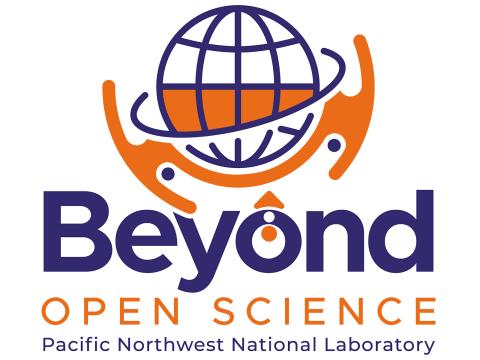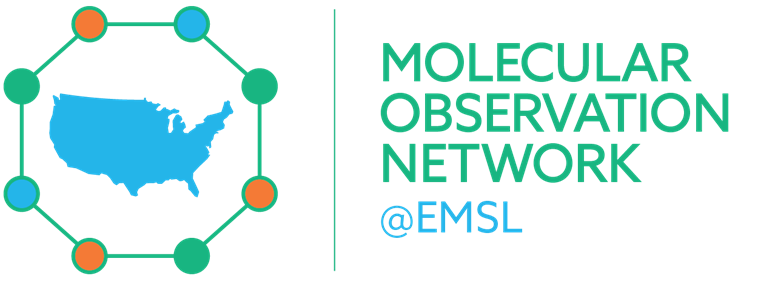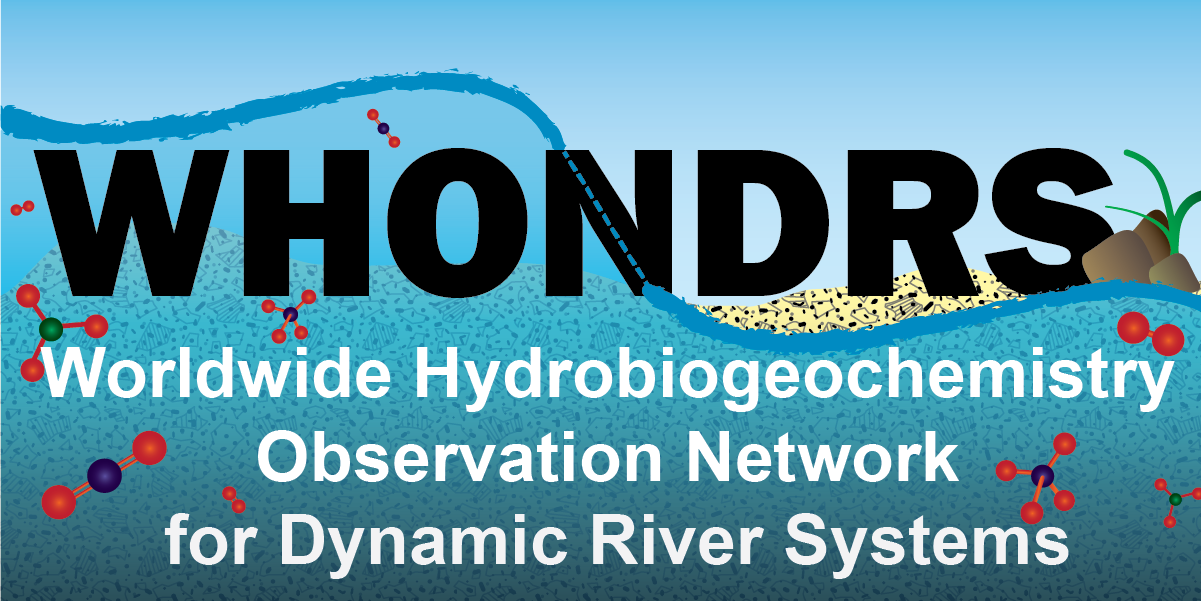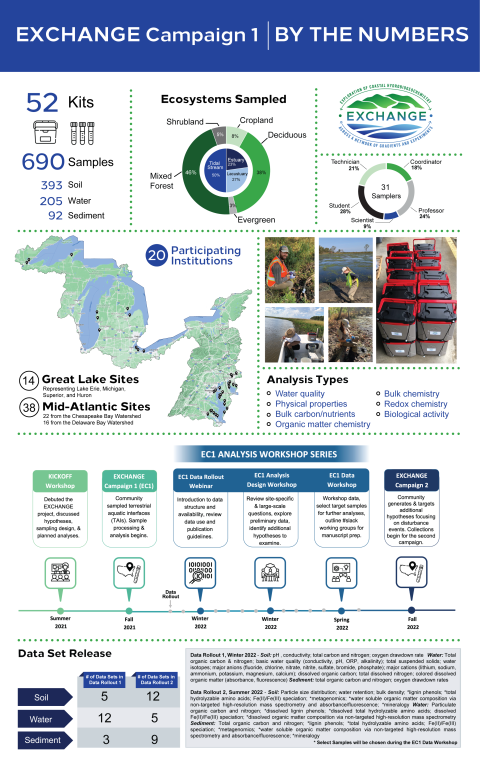Beyond Open Science

Open science is a powerful concept that promises to revolutionize our ability to solve truly large problems that confront society. Harnessing its potential to address modern challenges requires that we elevate open science practices. We need to be intentional about planning and building comprehensive and multifaceted efforts that change incentive structures, improve infrastructure and it’s utilization, lean into inclusivity, and commit to ethical considerations.
At PNNL, open science is part of a broader cultural shift in the way we do science. We are in a “yes, and” moment in which we say yes to open science and focus on key practices needed to elevate its impacts. One way we are doing this is by following ICON approaches, which take us beyond open by being intentionally Integrated across disciplines to enable trans-disciplinary innovation, Coordinated with consistent protocols to enable interoperability, Open throughout the research lifecycle to enable sustained acceleration of scientific progress, and Networked beyond our research teams to enable outcomes that are mutually beneficial across a broad range of interested and affected people, groups, and institutions. Another way is by embracing scalable and accessible open science practices at national scientific user facilities and building inclusive communities of practice through proactive outreach, training, and engagement.
Featured partners
Integrated Coordinated Open Networked (ICON) Science Cooperative
While the basic concepts of ICON principles are established, the intentional use of these principles together has started only recently. It is not yet clear how to best use or modify ICON across diverse research settings. There is a need to study how ICON principles are used across domains and centralize experiences, perspectives, and understanding of this approach to facilitate broad use of ICON. The ICON Science Cooperative was established to meet this need. The Cooperative revolutionizes the way science is done to dramatically accelerate scientific progress while enhancing equity. The Cooperative acts as a centralized entity providing expertise, tools, and other resources that assist the community in using ICON principles.
MONet - Molecular Observation Network

MONet is a national open science ecological network designed to produce comprehensive molecular-level and microstructural information on the composition and structure of soil, resident microbial communities, and terrestrial emissions to the atmosphere.
Through MONet, EMSL is building a new regional-scale database of molecular and microscale soil parameters from samples from across the United States to advance the span and accuracy of multiscale models of Earth systems. This database will be findable, searchable, and publicly accessible.
WHONDRS - Worldwide Hydrobiogeochemistry Observation Network for Dynamic River Systems

The Worldwide Hydrobiogeochemistry Observation Network for Dynamic River Systems (WHONDRS) is a research consortium that aims to understand coupled hydrologic, biogeochemical, and microbial function within river corridors, with an emphasis on increasing accessibility of resources and knowledge throughout the research life cycle. WHONDRS seeks to galvanize a global community around understanding these coupled systems from local to global scales and ultimately to provide the scientific basis for improved management of dynamic river corridors throughout the world.
EXCHANGE - Exploration of Coastal Hydrobiogeochemistry Across a Network of Gradients and Experiments
EXCHANGE, the Exploration of Coastal Hydrobiogeochemistry Across a Network of Gradients and Experiments program, is a consortium of scientists that aims to improve understanding of how the two-way exchange of water between estuaries or large lake lacustuaries and the terrestrial landscape influence the state and function of ecosystems across the coastal interface. This consortium emphasizes community-driven open science and is a founding partner project of the ICON Science Cooperative.
EXCHANGE is a sub-activity of the DOE-BER funded Coastal Observations, Mechanisms, and Predictions Across Systems and Scales - Field Measurements and Experiments (COMPASS-FME) project.
